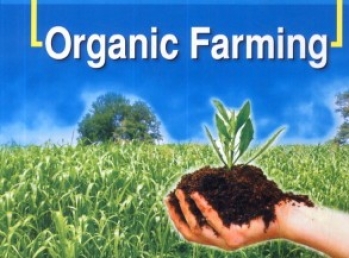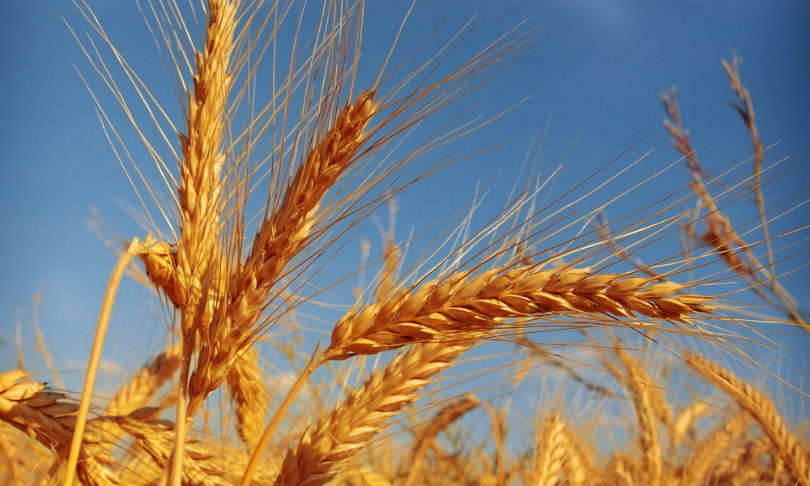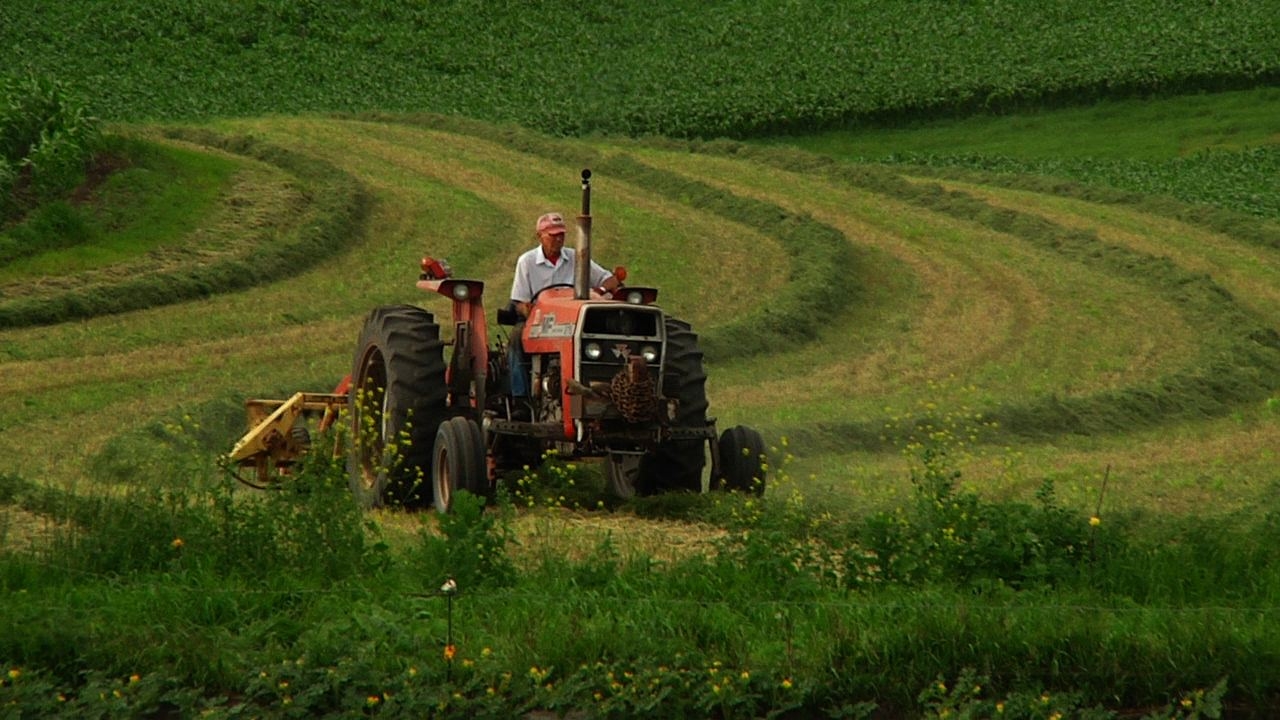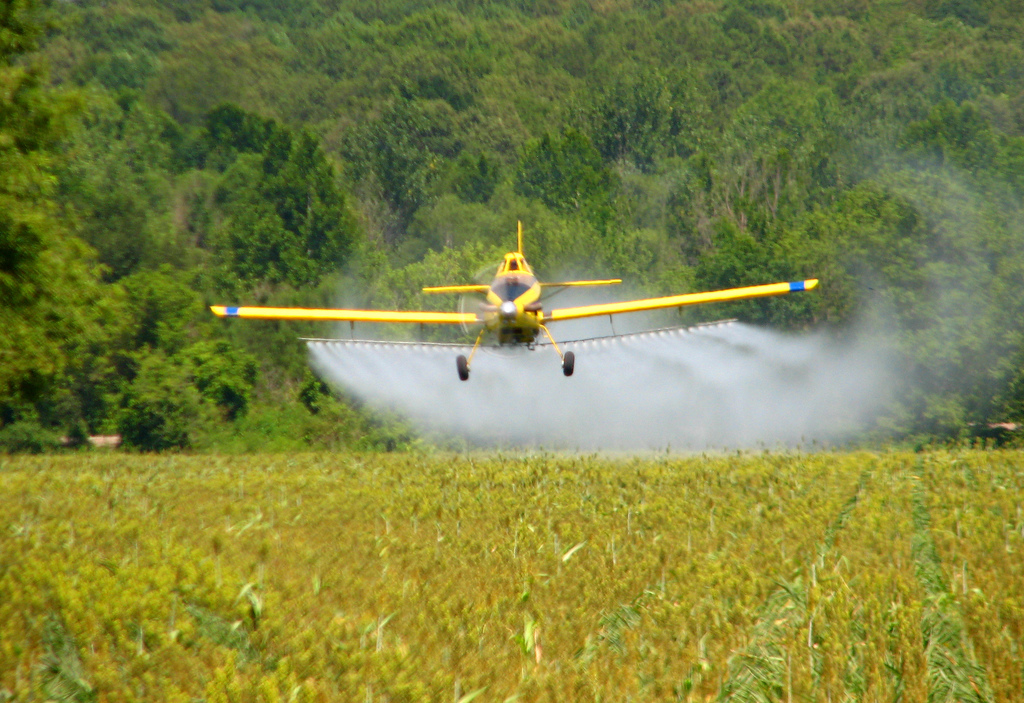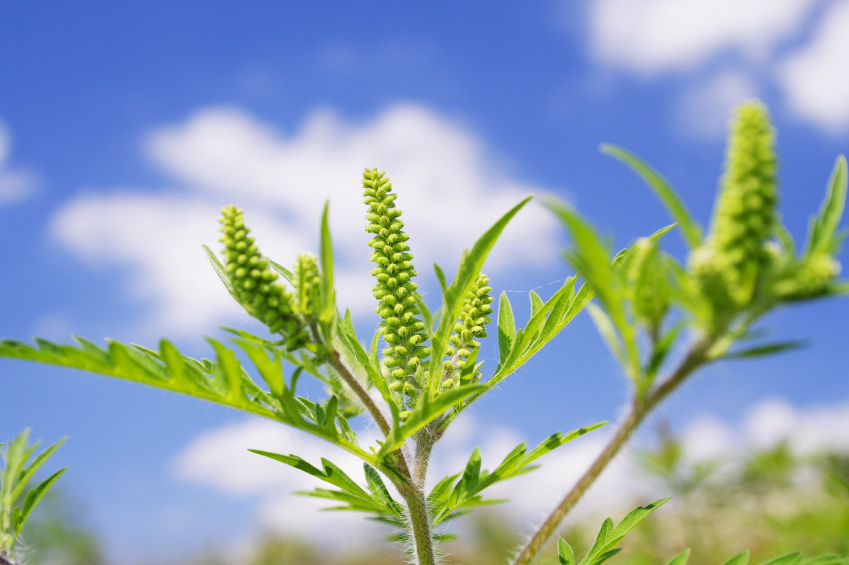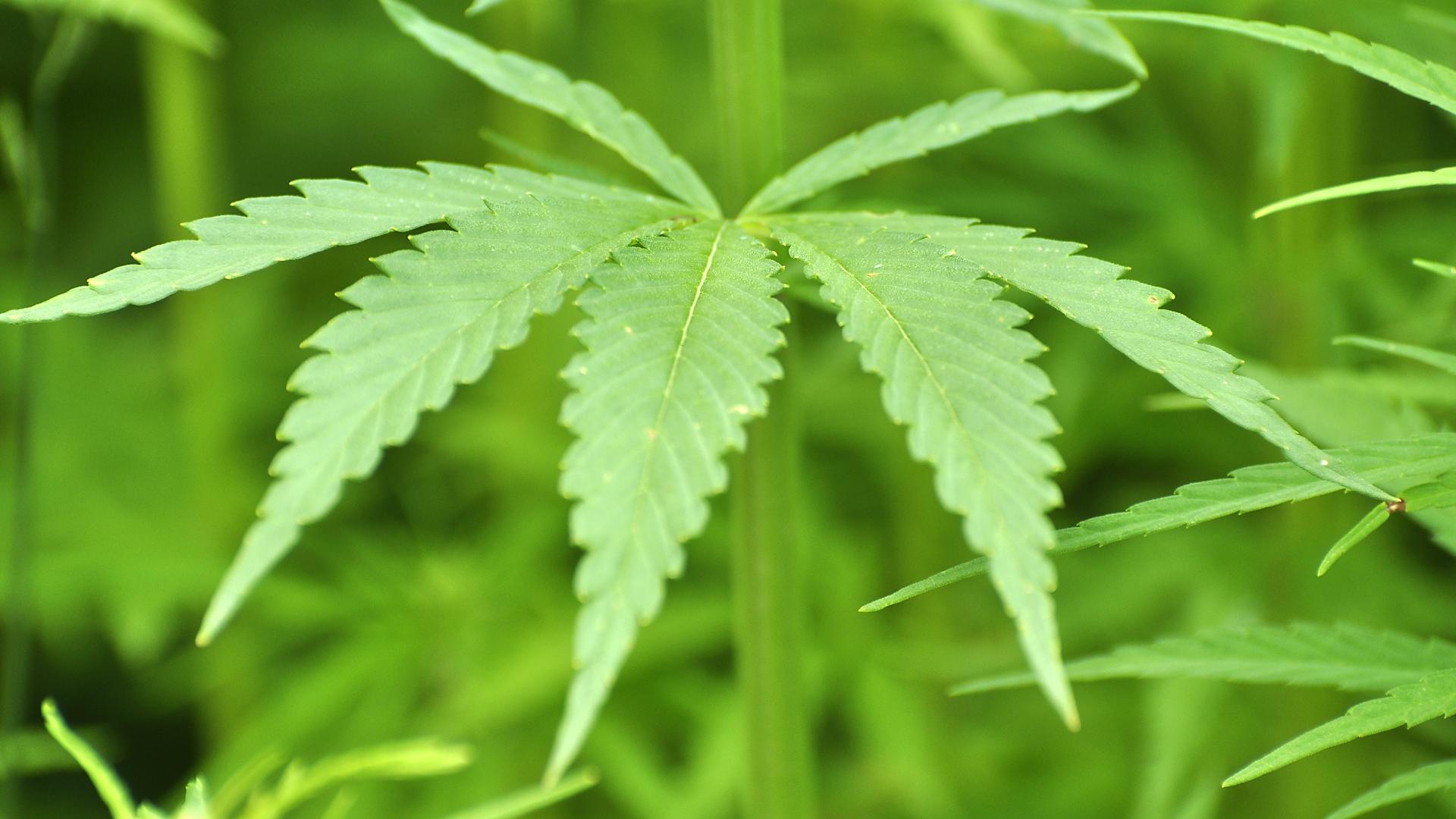Organic Farming
organic farming | The industrial agriculture scheme has assured numerous Americans that it is a necessity in alignment to produce an adequate food provide for the entire homeland. It functions under the assumption that it makes higher yields, more profits and is general more effective than organic farming. In truth, this couldn’t be farther from the truth. A 30 year side-by-side study released by the Rodale Institute discovered that organic agriculture out presented developed farming in the areas of yield, earnings, energy usage and greenhouse gasses. In detail, there are seven fundamental ways that organic farming outperforms developed schemes. 1. Profits – This is one you might believe industrial agriculture would take, since profits are the bottom line for the businesses that comprise the industry. But due to considerably smaller input charges (fertilizers, pesticides, oil, etc.), organic agriculture incomes are larger. The Rodale study displayed the signify snare come back for the organic systems was $558/acre/year contrasted to only $190/acre/year for the industrial schemes.
2. Yield – The 30-year Rodale study concluded that after a three-year alteration time span, organic yields were matching to developed yields. Another study cited by the Organic buyers Association states “In a review of 286 tasks in 57 nations, farmers were discovered to have bigger agricultural productivity by an mean of 79 per hundred, by adopting ‘resource-conserving’ or ecological agriculture.”
3. paid work – accepted wisdom might convince you that a large scale industrial system has the promise to conceive more jobs than a little or medium dimensions organic scheme. This is not the case. Where human hands utilized to work, now appliances take their location. Over the last hundred years, the EPA says work efficiency has increased from 27.5 acres/worker to 740 acres/worker. While this may appear like a affirmative, it means the identical care and attention will not be paid and subsequently, crop value is inferior.
4. power effectiveness – Oil utilized to transport and request fertilizers and pesticides, along with nitrogen fertilizer representing 41 per hundred of total energy costs, makes developed agriculture far less effective than organic. Organic schemes consume 45 per hundred less energy overall than developed systems, with output effectiveness being a whopping 28 per hundred higher.
5. Resilience – Organic crops are more resilient throughout times of drought or weather change. Organic corn even outperformed GM so called “drought tolerant” varieties by between 18 to 24 per hundred.
6. dirt well being – The Rodale study found that, while developed schemes merely sustained dirt well being by utilizing chemical fertilizers, which over time destroys microbial life and dwindles dirt integrity, organic systems advanced dirt quality.
7. Toxic chemicals – With over 17,000 pesticides utilized today, numerous of which haven’t undergone any safety checking, dangerous pesticide residue is a given when it arrives to developed farming systems.The idea that organic agriculture is incapable of feeding the world is simply not factual. The present industrial scheme does not even deliver on its prime aim of bigger effectiveness. Most worrying, we are left with nutritionally depleted, highly toxic foods traded at artificially low charges. Organic grower, scribe and speaker Joel Salatin remarked “We spend round 10% of our earnings on food and some 16 per hundred on healthcare, and it utilized to be the reverse.” In other words, we get what we pay for.

Thanks for installing the Bottom of every post plugin by Corey Salzano. Contact me if you need custom WordPress plugins or website design.

